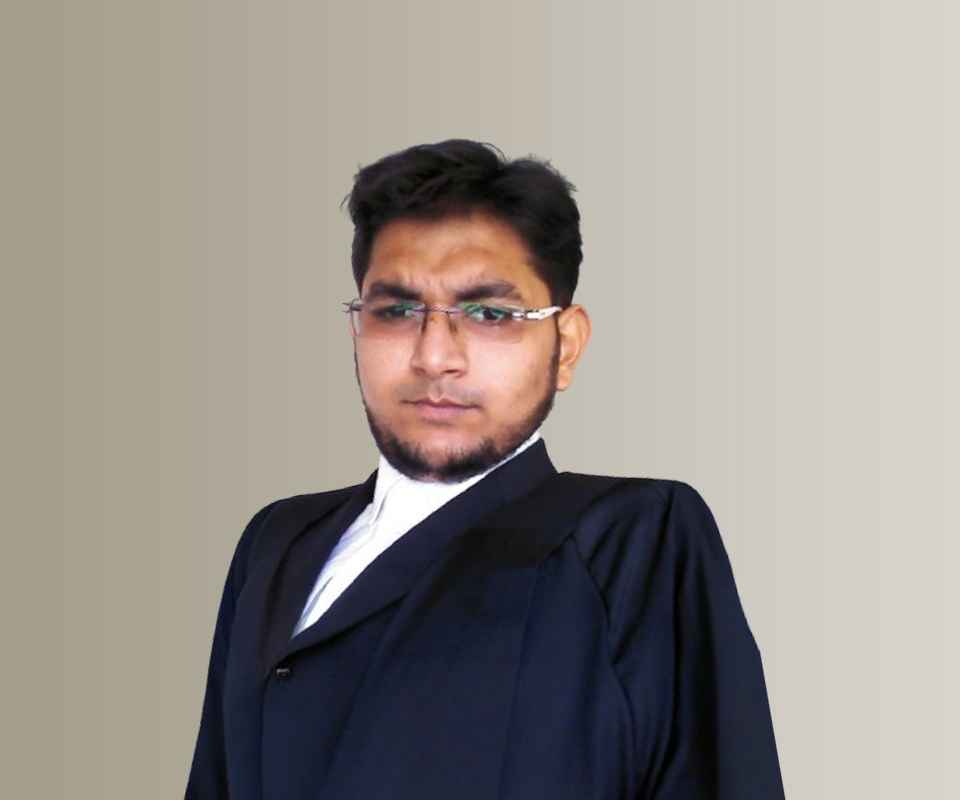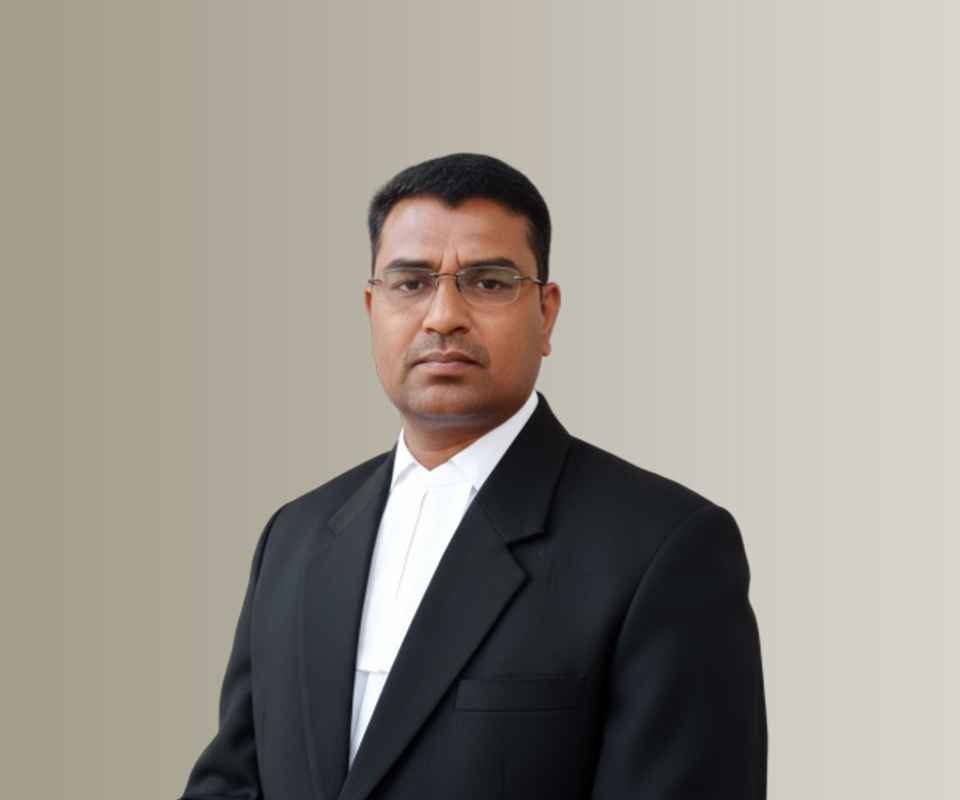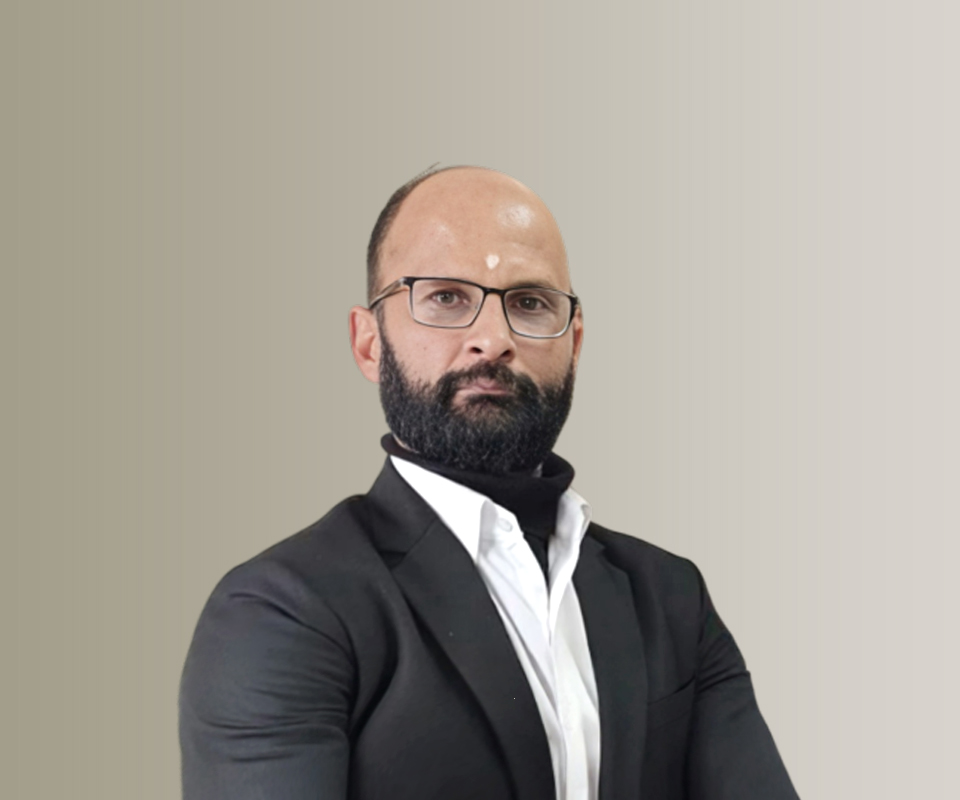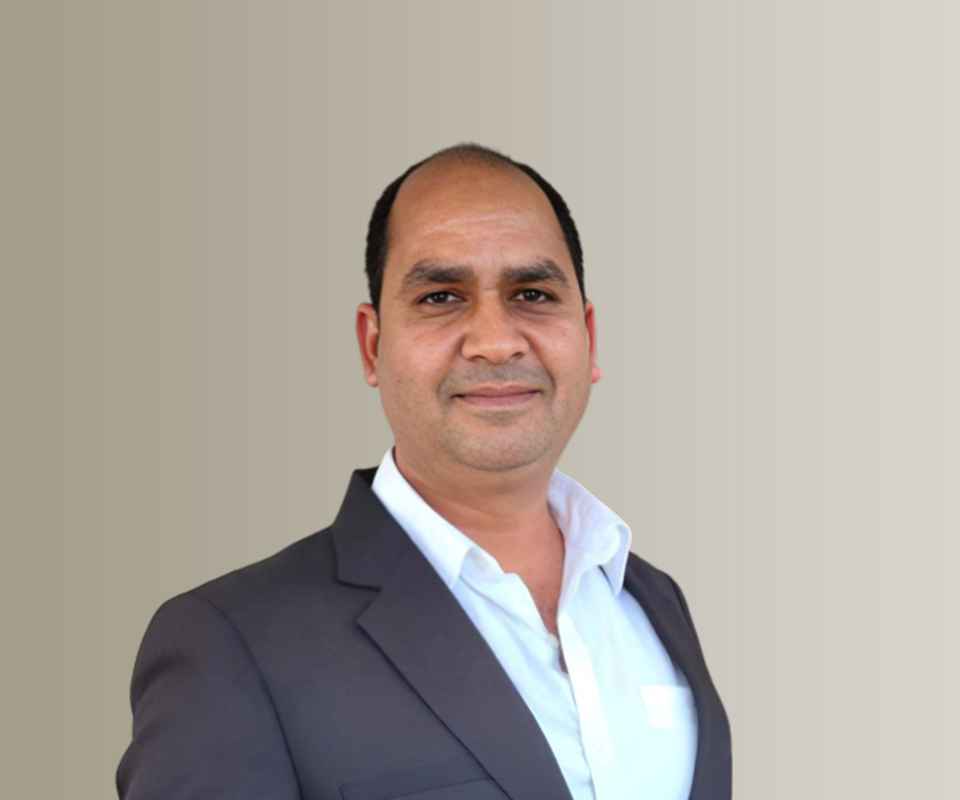Answer By law4u team
In India, children have the right to freedom of religion under the Constitution and other legal protections that safeguard their fundamental rights. While children may not always have the autonomy to file legal complaints independently due to their age, there are legal mechanisms in place through which they can seek redressal if they are forced into religious practices against their will. These legal avenues prioritize the child's best interests and freedom of religion.
1. Constitutional Protections and Rights
1.1 Freedom of Religion (Article 25)
The Indian Constitution guarantees the right to freedom of religion under Article 25, which gives all individuals, including children, the right to practice, profess, and propagate their religion. However, in the case of children, parents or guardians may sometimes impose religious practices on them that may not align with the child's personal beliefs.
- Article 25: Provides every citizen with the right to practice their religion, but it is subject to public order, morality, and health. It ensures that religious practices do not infringe on the fundamental rights of others, including minors.
1.2 Right to Freedom of Expression (Article 19)
Although Article 19 primarily applies to adults, it can be interpreted to protect a child’s freedom of expression, including the right to hold and express personal beliefs. Forced religious practices may infringe on a child's ability to express their personal belief systems.
1.3 Best Interests of the Child (Article 21)
Article 21 of the Constitution guarantees the right to life and personal liberty, which includes the right to be free from coercion or abuse, including religious coercion. If a child is subjected to forced religious practices, this could violate their liberty and personal choice, which is protected under Article 21.
2. Legal Protections Against Forced Religious Practices
2.1 Juvenile Justice (Care and Protection of Children) Act, 2015
The Juvenile Justice Act provides a comprehensive legal framework for the protection of children from abuse, including religious coercion. If a child is forced into religious practices or rituals against their will, they could be considered victims of child abuse under this Act.
- Child Abuse: The Act defines any act that violates a child’s rights, including physical, emotional, or mental harm. Forced religious practices could fall under mental cruelty or psychological abuse.
- Protection and Rescue: The Act provides provisions for the rescue of children from harmful situations, including forced practices, and ensures that they are placed in a safe environment where their religious freedom and personal liberties are respected.
2.2 Child Welfare Committees (CWCs)
If a child is being forced to follow religious practices, they can approach a Child Welfare Committee (CWC), a statutory body set up under the Juvenile Justice Act to handle cases of child abuse and neglect. The CWC has the authority to investigate complaints and provide immediate relief.
- Complaint Mechanism: Children, with the help of social workers, can report cases of forced religious practices to the CWC, which can take necessary steps, including rescue, counseling, and providing alternate care.
2.3 Protection of Children from Sexual Offences (POCSO) Act, 2012
In extreme cases where forced religious practices involve any form of sexual abuse or exploitation, the POCSO Act may be invoked. The Act provides comprehensive protection to children from any form of sexual abuse, including in the context of forced religious rituals.
- Sexual Abuse in Religious Context: If the forced religious practices involve inappropriate rituals or sexual abuse, the POCSO Act provides for legal action against the perpetrators.
3. How Can Children File Complaints?
While children may not always have the legal capacity to independently file complaints, they can seek assistance from various entities, such as:
3.1 Approaching a Trusted Adult or Guardian
Children can approach trusted adults, such as teachers, counselors, or social workers, who can help them report the issue to the appropriate authorities.
3.2 Child Helplines and NGO Support
There are several helplines and NGOs that work specifically on child protection issues in India. For instance, Childline India (1098) is a 24-hour helpline that children can call if they are being subjected to forced religious practices or any form of abuse. The helpline provides immediate support and can refer the case to relevant authorities.
3.3 Police and Legal Action
In cases of severe abuse or coercion, children, with the assistance of a guardian or lawyer, can file a complaint with the police. The police have the authority to investigate and take action under relevant child protection laws.
4. Role of Parents and Guardians
While parents generally have the right to guide their children's religious upbringing, their authority is not absolute and must be exercised in a way that respects the child’s personal beliefs and autonomy. If parents impose forceful or coercive religious practices, they may be infringing upon the child’s fundamental rights.
- Religious Freedom of the Child: If the child is old enough to express their preferences and wishes regarding religious practices, their right to freedom of religion must be respected, even if it contradicts the views of their parents.
5. Judicial Interventions and Precedents
In some cases, the Indian judiciary has intervened in matters where children’s religious freedom was compromised. The Supreme Court and High Courts have issued rulings in favor of protecting children's autonomy, even in the face of parental authority.
For example, in cases where a minor’s religious freedom is at stake, courts have ruled in favor of upholding the child's individual rights, especially in situations where the child is coerced into participating in religious activities against their will.
6. Example
Case 1: A 15-year-old child is being forced by their parents to participate in certain religious rituals they do not wish to follow. The child, feeling threatened and unable to practice their own beliefs, calls Childline (1098). The case is taken up by the CWC, and the child is provided with psychological counseling and protection from further coercion.
Case 2: A 13-year-old girl is being forced into rituals that she believes are harmful and against her will. She confides in her school counselor, who reports the matter to the local police. The police investigate the situation, and the parents are reprimanded for violating the child's freedom of religion and mental well-being.
Conclusion
Yes, children have the right to seek legal recourse if they are being forced into religious practices that violate their freedom of religion. While they may not always be able to file complaints independently, they can seek help from trusted adults, child protection organizations, or the police. The Indian legal system provides various avenues for children to seek protection from forced religious practices, particularly through child welfare laws, the Juvenile Justice Act, and the Constitutional rights that guarantee freedom of religion and personal liberty. In cases where children’s rights are violated, courts and authorities are obligated to act in the best interests of the child, ensuring that their personal freedoms are upheld.







